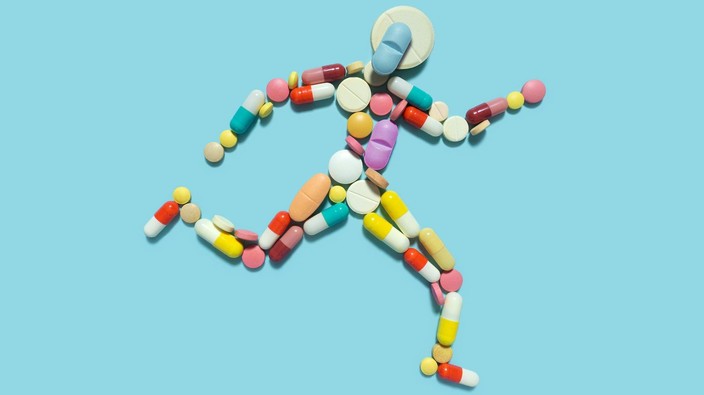when researchers transplanted fecal microbes from a young mouse to an old mouse, the elderly creatures saw age-associated inflammation in their eyes and central nervous system reduce, as well as benefits to their immune system and eye function.
those researchers, from the quadram institute and the university of east anglia, caution against fecal transplants in humans for the time being, however, at least until it’s deemed to be safe.
people who don’t exercise are known to have an increased risk for mental health issues like depression, as well as physical health issues such as diabetes, obesity, and cardiovascular disease.
“though we are studying mice, their physiology is very similar to humans. the more we learn from them, the better our chances of improving our own health,” garland said.
it’s also possible that the food we eat may play a role in development of desirable gut bacteria. although research into probiotic foods is still new, garland says maintaining a solid diet and exercise routine is key.
“we do know from previous studies that the western diet, high in fat and sugar, can have a negative effect on biodiversity in your gut and likely, by extension, on athletic ability and possibly even on motivation to exercise,” garland said.
